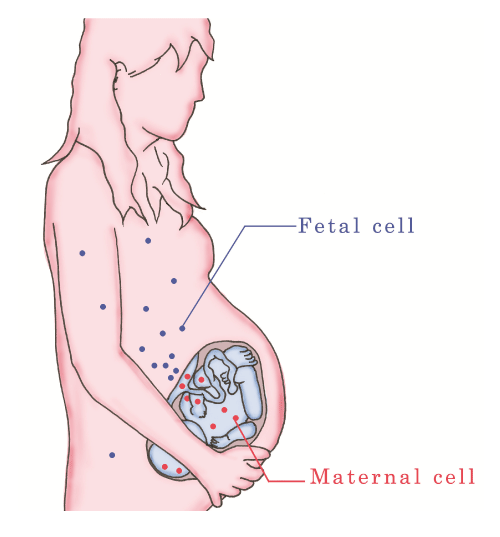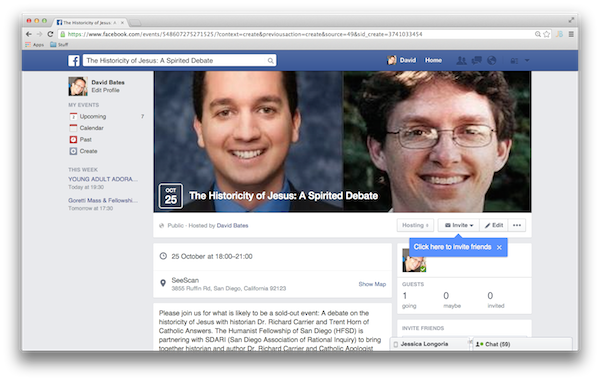Christian Copycat
In Bible Study last week we just finished up our study of St. Paul’s first epistle to the Thessalonians. During our time together, it struck me how many times the subject of “imitation” is raised in the letter. In this post I’d like to take a brief survey of these references.
Likeness in Jesus Alone?
The first example of imitation and mimicry appears in the very first chapter of the epistle:
And you became imitators of us and of the Lord, for you received the word in much affliction, with joy inspired by the Holy Spirit… – 1 Thessalonians 1:6
This is typically the verse that I reach for when speaking with Christians who object to the Catholic devotion to Saints, and who tell me that “The only person we need to imitate is Jesus”. Clearly, this wasn’t the opinion of St. Paul, who speaks proudly of how his fledgling congregation imitates, not only Lord, but also the senders of this letter (Paul, Timothy and Silas).
In that first chapter Paul describes himself as a nursing mother and a loving father:
But we were gentle… among you, like a nurse taking care of her children… for you know how, like a father with his children – 1 1 Thessalonians 2:7,11
Given these loving parental terms, it’s hardly surprising that the Thessalonians began to imitate the evangelists.


 If any of you have heard
If any of you have heard 
 A parody of the “I’m a Mac/I’m a PC” advert:
A parody of the “I’m a Mac/I’m a PC” advert:
